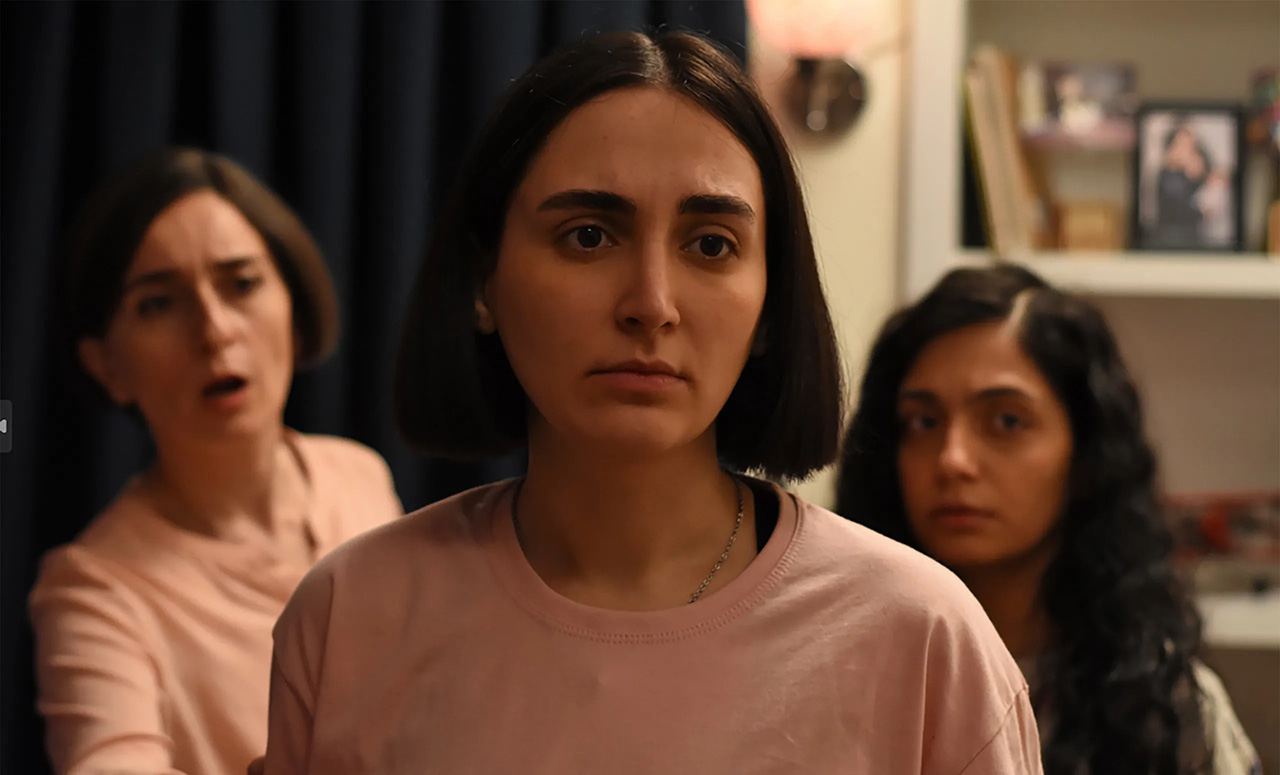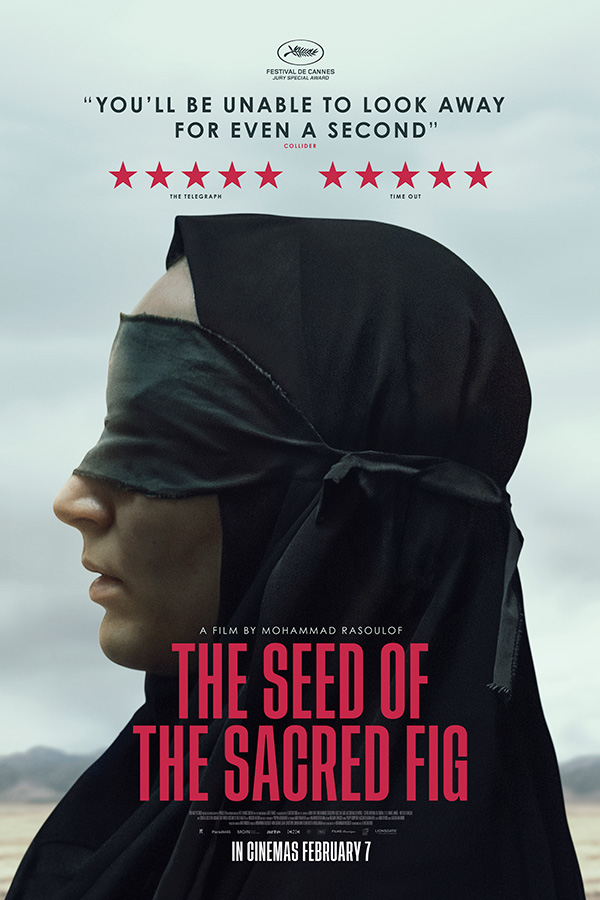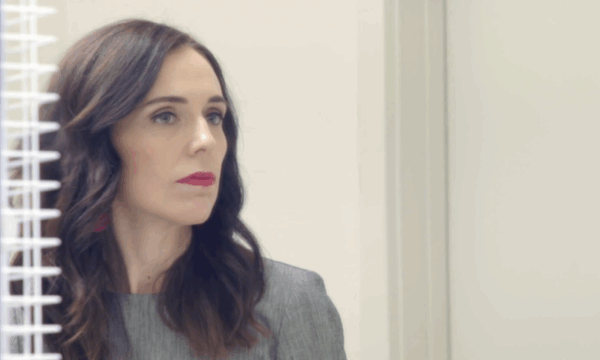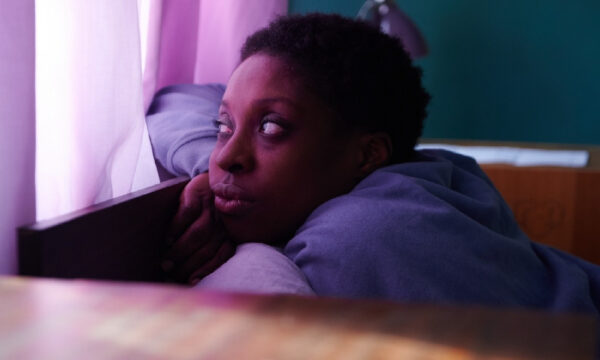The Seed of the Sacred Fig

Set in Tehran during the Mahsa Amini protests, The Seed of the Sacred Fig is an unflinching examination of power, told through the lens of a family grappling with their complicity in a crumbling regime. At the centre of Mohammad Rasoulof’s searing political drama is Iman, an investigating judge for the Revolutionary Court who has sentenced countless female protesters to death in service of the state. To the women in his family, however, he remains an enigma: is he their saviour from the chaos outside, or the living embodiment of the very tyranny they yearn to escape? When Iman’s government-issued firearm mysteriously vanishes within their home, his obsessive quest to recover it sets off a harrowing chain of events, exposing deep fractures in the family’s seemingly tranquil existence.
Rasoulof’s storytelling eschews ambiguity, delivering a pointed and deeply personal critique of systemic oppression. Iman’s presence looms large, even when he’s absent. At work, he enforces the will of the regime; at home, his authority quietly governs the rhythms of family life. Najmeh, his wife, frequently reminds their daughters, Rezvan and Sana, “Think about your father,” as the three navigate a life of situational privilege: painting their nails in a bedroom straight out of an American teen movie, snapping selfies on their smartphones, and asking for modern conveniences like a dishwasher. Yet, this veneer of normalcy is laced with the suffocating shadow of Iman’s allegiance to the regime. When he scolds Rezvan for her ideals, citing her privileged upbringing, Rasoulof introduces a sharp historical irony: in countless movements for gender equality, it is often the daughters of the affluent who stand at the forefront of rebellion.
Every frame of The Seed of the Sacred Fig earns its place in the film’s 168-minute runtime. Rasoulof masterfully balances the visceral and the intimate, shifting seamlessly between graphic, harrowing sequences and subtler moments. The gruelling emergency surgery Najmeh performs on Rezvan’s classmate Sadaf, who has lost an eye during a protest, stretches on for agonising minutes. The tension is amplified by the lack of proper medical equipment and Najmeh’s cold, unyielding insistence that Sadaf leave their home immediately afterward to avoid implicating the family. Interspersed throughout the film are vertical videos of the protests, captured on mobile phones – some seamlessly woven into the story as Rezvan receives them from friends via text, while others serve as haunting reminders of the revolution pressing against the family’s insulated walls.
With the breaking point perpetually hovering just out of reach, The Seed of the Sacred Fig sustains its momentum with a natural touch, building tension and delivering twists until it crescendos in a haunting finale. In its final moments, the feature takes on a monomythic dimension, rising beyond its story to deliver a harrowing but hopeful testament to the resilience and persistence of Iranian women.
Christina Yang
The Seed of the Sacred Fig is released nationwide on 7th February 2025.
Watch the trailer for The Seed of the Sacred Fig here:


























Facebook
Twitter
Instagram
YouTube
RSS